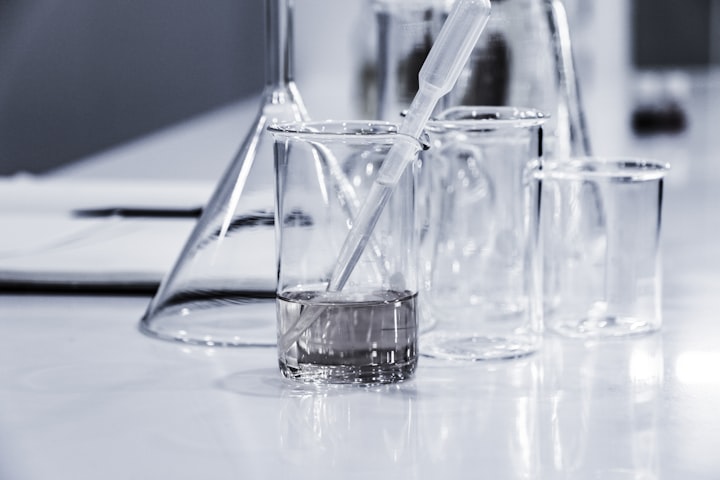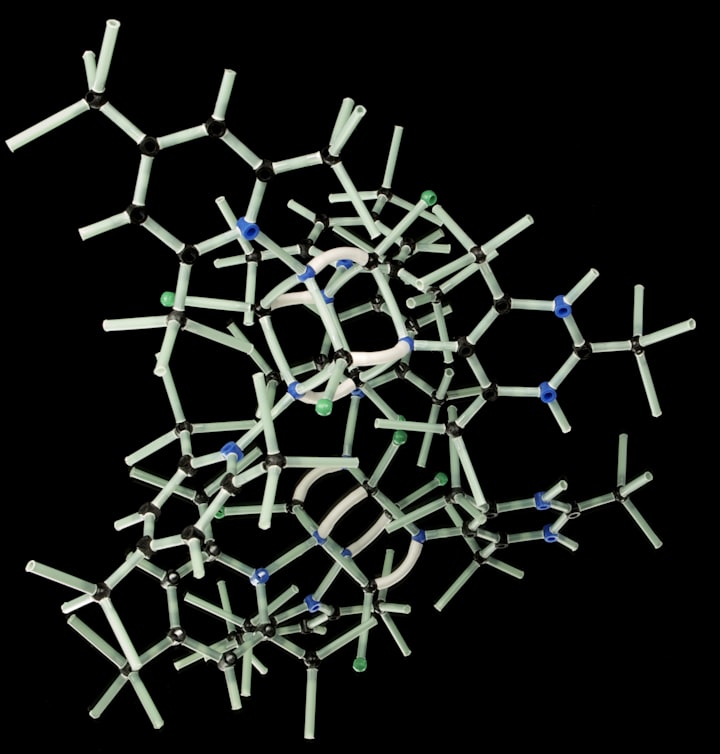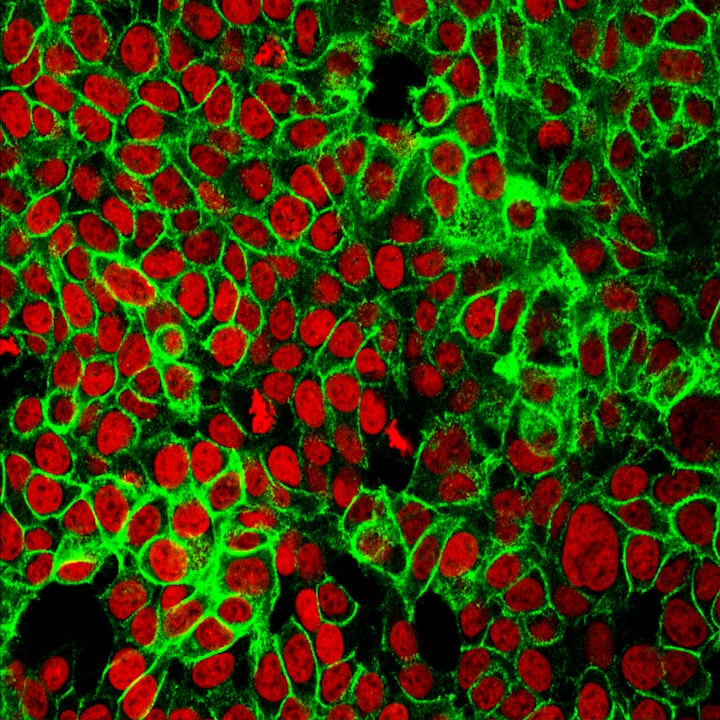How Do Commensal Bacteria Aid in Oral Wound Healing?
Discover how commensal bacteria in the oral microbiome aid in wound healing. Learn how these bacteria form a protective barrier to prevent infections.

Have you ever pondered why cuts in your mouth don't fall prey to the germs dwelling within it?
Let's delve into the captivating world of the oral microbiome and its role in wound healing.
The Oral Microbiome
The oral cavity is a bustling ecosystem teeming with over 700 different species of microorganisms, encompassing bacteria, viruses, fungi, and protozoa.
Many of these microorganisms are potentially pathogenic, but a significant portion are commensal bacteria, coexisting harmlessly under normal conditions.
Commensal Barrier
Commensal bacteria play a pivotal role in maintaining oral health.
They create a barrier against harmful microorganisms by utilizing nutrients, regulating pH levels, and producing antimicrobial substances.
This delicate balance prevents the overgrowth and colonization of pathogenic organisms in a healthy individual.
Wound Healing
Upon sustaining a cut in the mouth, the body promptly initiates the wound healing process.
Saliva, containing antimicrobial compounds, aids in cleansing the wound and preventing infection.
The surrounding tissue responds by activating immune cells to combat potential invaders.
Additionally, commensal bacteria further aid in thwarting harmful pathogens from establishing an infection.
Disruption of the Commensal Barrier
If the commensal barrier is compromised due to factors such as prolonged acidity or immune suppression, it can lead to dysbiosis, an imbalance in the oral microbiome.
This disruption creates an environment conducive to pathogen colonization and infection, leading to oral diseases like thrush, periodontitis, or dental caries.
The Delicate Balance
In essence, the body maintains a delicate balance with the friendly bacteria in our mouths.
This ecosystem of commensal microorganisms serves as a protective shield, preventing infections in most cases.
Once this balance is disturbed, the risk of infection significantly increases, highlighting the crucial role of commensal bacteria in oral health.
Future Implications
Understanding the intricate relationship between commensal bacteria and wound healing in the mouth not only sheds light on the body's remarkable defense mechanisms but also paves the way for potential therapeutic interventions.
Research in this field could lead to innovative strategies for promoting oral health and preventing infections.






